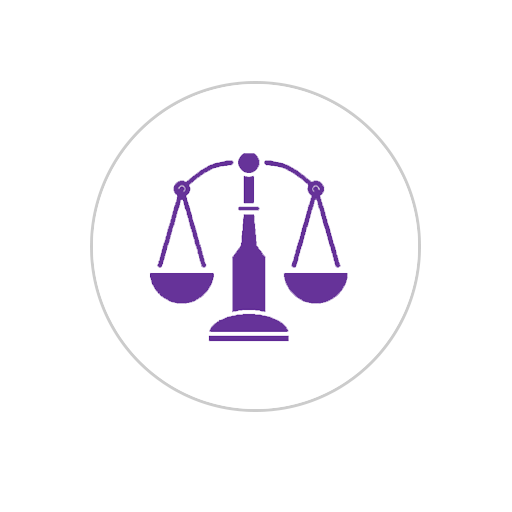Constitutional Provisions on Human Rights
The Constitution of each country is a set of rules, principles, procedures, and precedents that define the identity of a nation – its character, values, ethos, aspiration – and describe how it will be governed, how laws are made, and by whom. Human Rights are enshrined – expressed, preserved, and protected – in varying forms and degrees in the Constitutions of each State, confirming the fundamental freedoms, liberties, and entitlements of each citizen, and establishing limits of State power. Through the Constitution – in most countries, the Supreme Law of the land – the State is legally obligated to provide for the social, economic, civic and political, environmental, and cultural needs of people and groups, and to defend those rights against violation.


READ MORE
Right to Equality Under the Law (2020)
States whose Constitutions confirm the right to Equality Under The Law are obligated to provide for and protect the rights of citizens to liberty and security of the person, in the form of freedom from arbitrary arrest and detention and the right to habeas corpus (to be brought before a court to determine whether an arrest and detention are legal). States are required to ensure procedural fairness in law, in the form of rights to due process, a fair and impartial trial, the presumption of innocence, and recognition as a person before the law; that no citizen is deprived of liberty unless cause can be demonstrated and defended swiftly in court, and that citizens are treated with dignity and respect throughout the judicial process.
READ MORE
Right to Non-discrimination (2020)
States whose Constitutions confirm the right to Non-discrimination are obligated to provide for and protect the rights of citizens to enjoy equal protection and equal benefit under the law. The right to non-discrimination ensures that no one is denied their rights based on factors that may include colour, ethnicity, language, religion, political beliefs or affiliation, economic status, or sex.
READ MORE
Sexual Orientation as a listed ground for non-discrimination
The Constitutions of most countries list grounds for non-discrimination to make these factors explicit and to illustrate the principle of equality and non-discrimination. Listed grounds for non-discrimination commonly include race, age, sex, religion, disability, and often other non-specified arbitrary grounds; the lists are not exhaustive. Sexual orientation and gender identity or gender expression, however, are seldom explicitly listed as grounds for non-discrimination, a Constitutional blind-spot that offers lesser protection to LGBTIQ people who may be treated unfairly at work, or when seeking healthcare, or at school.


READ MORE
Right to Human Diginity
States whose Constitutions affirm and confirm the right to human dignity acknowledge that human beings are intrinsically worthy of respect and should be treated accordingly. The fundamental humanity of citizens should not be undermined or devalued through treatment that is unethical, undignified, non-consensual, humiliating or degrading.

READ MORE
Right to Privacy ( 2020)
States whose Constitutions confirm the right to privacy are obligated to provide for, respect and protect the rights of citizens to think, speak and act – to exercise their freedoms of thought, and speech, and expression and association – in their private lives without being monitored, regulated, or interfered with by the State, including in personal spaces such as the home. Words, thoughts, and expressions of relationship with others in a private domain are personal and should not be subject to government intrusion.

READ MORE
Right to Freedom from torture, cruel, inhumane and degrading treatment or punishment
States whose Constitutions confirm the right to freedom from torture and degrading or inhumane treatment are obligated to respect the intrinsic dignity of human beings, and protect citizens from cruelty, from punishment or coercion or intimidation that cause physical or mental suffering, from detention or restraint or loss of liberty that are cruel, from physical or psychological abuse in a service-setting, and from being treated in a way that diminishes humanity or removes agency.

READ MORE
Right to Freedom of Assembly
States whose Constitutions confirm the right to freedom of Assembly have an obligation to respect and protect the freedom of citizens to come together, to exchange ideas, to participate collectively in public matters, to hold meetings, to protest peacefully without over-regulation or approval by the State.

READ MORE
Right to Freedom of Association
States whose Constitutions confirm the right to freedom of Association have an obligation to ensure that citizens can organise themselves freely and independently in formal structures such as political organisations and trade unions, or less formally as community groups and volunteers. Freedom of Association is a basis for an active, effective, organised civil society, and includes the ability to register an organisation for the purpose of generating resources.
